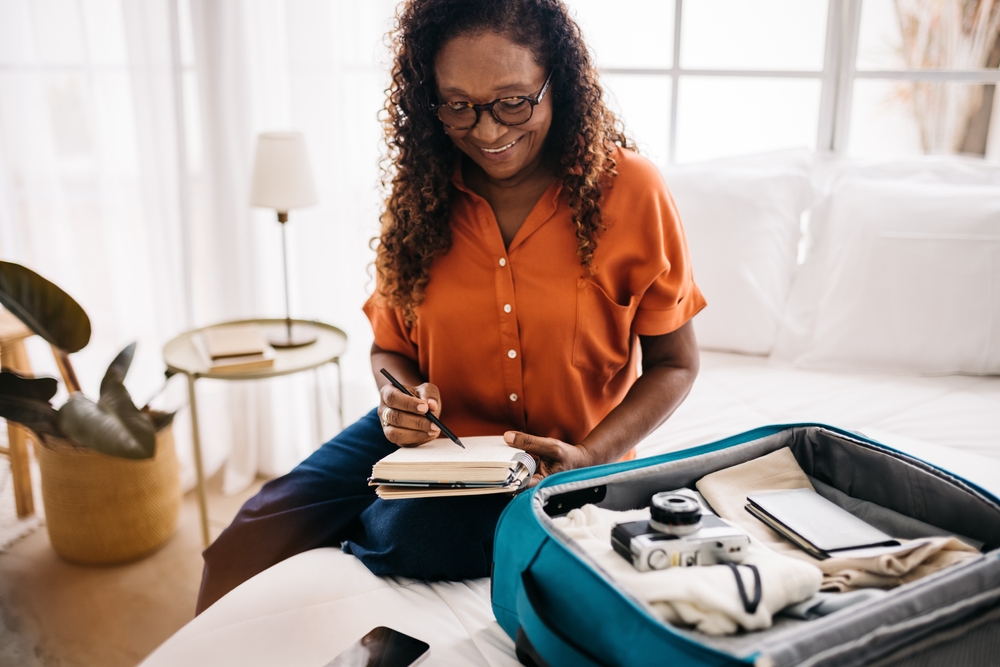If you use hearing aids, traveling may feel daunting, but with the right preparation, you can ensure a smooth and enjoyable journey. Here’s how to get ready for your trips and make the most of your travel experience.
Preparing for air travel
If you wear hearing aids, you might have concerns about traveling, but with some careful preparation, you can ensure a smooth journey.
- When flying, it’s generally easier to keep your hearing aids on rather than packing them in your luggage.
- Inform TSA agents that you’re wearing hearing aids; this helps avoid complications at security checkpoints.
- Lower the volume of your hearing aids to minimize interference from airport scanners, and keep them on to hear important announcements and communicate effectively with airport personnel.
- For any questions about airport security, the TSA Cares Hotline at 1-855-787-2227 is a valuable resource.
When packing, make sure to include all necessary equipment such as spare hearing aids, batteries, wax guards, and cleaning tools. Place these items in your carry-on bag, along with your medications and other essentials, to avoid the inconvenience of lost checked luggage. Don’t forget your assistive listening devices like FM systems. Although they are not useful on the plane, they will be essential once you reach your destination.
Consider carrying a waterproof bag for your hearing aids and accessories, especially if you’re heading to a beach or engaging in activities that involve sweat. Sand and seawater can damage your hearing aids, so protection is key.
Traveling by train
Train travel requires similar preparation for your hearing aids as air travel. Notify the train attendant that you use hearing aids, and ask for assistance with platform changes or important announcements if you find it difficult to hear over the noise. Be cautious near the tracks as the ambient noise might distract you from noticing approaching trains.
Road trips and car travel
For long car trips, consider adding an extra-large rearview mirror to improve your visibility of emergency vehicles and other traffic behind you. If you haven’t already, an induction loop system can be beneficial for reducing background noise and enhancing conversation clarity while driving.
Consulting a hearing specialist
Before you embark on your travels, it’s a good idea to consult with your hearing specialist. They can provide personalized advice and recommendations based on your specific hearing needs. Your specialist can offer tips for maintaining your hearing aids during travel, ensure that your equipment is in optimal condition, and suggest any additional accessories or adjustments that might enhance your travel experience. Their expertise can help you address any concerns and make your journey as smooth and enjoyable as possible.
Find a hearing specialist near you to schedule an appointment before your trip.



